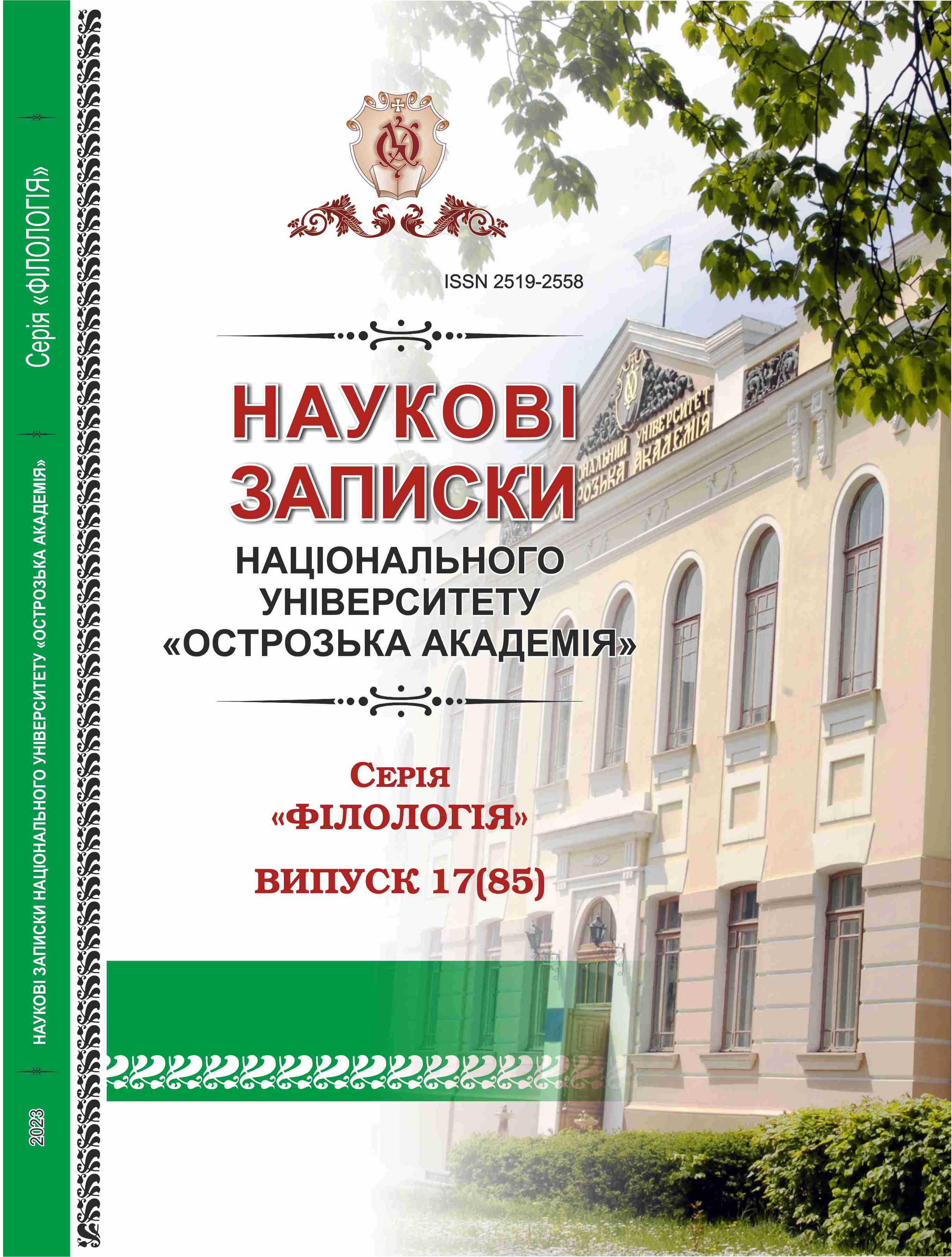GERMAN ECONOMIC TERMINOLOGY: STRUCTURAL-SEMANTIC FEATURES
Keywords:
German language, economic terminology, word formation, translationAbstract
In the modern world, with the deepening of the internationalization of the economy and the growing interaction between different countries, there is a need for effective use of language tools to ensure quality and accurate translation of economic terminology. German language is particularly important in this regard, as it is one of the key languages of the European Union and has great significance in the field of economics. This article discusses the structural and semantic peculiarities of German economic terms and terminological phrases; it also characterizes word formation tools and their role in defining the meanings of economic vocabulary and facilitating its translation into the Ukrainian language. The structural and semantic peculiarities of German economic terms and terminological phrases are quite complex and require careful study. German economic terminology is provided with various terms used in the fields of banking, accounting, finance, insurance, taxation, and other areas of the economy. The peculiarity of German economic terminology lies in its structural and semantic characteristics, which include both lexical and morphological peculiarities. Terminological phrases have a stable character in terms of their semantic specification. One of the ways to determine the meaning of an economic term is to use knowledge of methods and means of word formation. The peculiarity of the German language lies in its large number of word formation tools, such as suffixes, prefixes, infixes, suffixal abbreviations, and others. The use of these tools allows for the creation of new terms and terminological phrases that reflect new realities in the economy. This article is useful for those interested in linguistics, especially in the field of economic vocabulary. It can also be helpful for translators and those involved in translating texts from German to Ukrainian.

